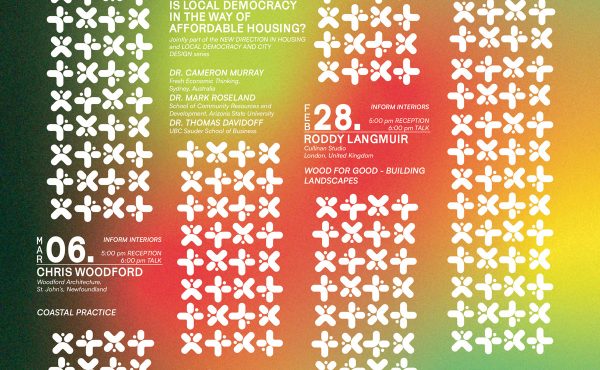

[Editor’s Note: Resident blogger for the BMW Guggenheim Lab, Christine McLaren, continues her coverage of the World Urban Forum in Naples, Italy. All posts are also being published on Lab|log at bmwguggenheimlab.org. Be sure to follow Christine’s thoughts from the WUF all week at @BMWGuggLab and #BGLab.]
What role should the private sector play in urban development work with organizations like UN-Habitat? On Thursday, I sat in on a discussion surrounding just that topic at the World Urban Forum and found it fascinating enough to be worth carrying on elsewhere with a different audience.
The session I was a part of was the second half of a discussion moderated by Katarina Felgenhauer of the Urban Private Sector Advisory Board (UPSAB)—the recently founded organization responsible for officially representing the private sector voice to UN-Habitat—and Christine Auclair, the chief of the private sector unit of UN-Habitat and project leader of the World Urban Campaign.
It was, in practice, a very targeted (and, to be honest, refreshingly efficient) session, where they were looking to draft ideas for the best model to get the private sector involved in UN-Habitat activities like disaster relief, slum upgrading, infrastructure projects, etc.
Interestingly enough, the idea that rose to the top of the discussion was actually that of—get ready for it—a “lab” where, potentially, multiple contributors would come together in a pressure-cooker setting within a specific city for several months and work directly on projects with tangible outcomes. But alongside the question of the ideal model naturally came other questions: how do you create enough incentive to entice private partners into such a project? This, especially, if it necessarily means partnering with other companies in the private sector, thus diluting, so to say, the “branding” they would get from taking on a project themselves? How do you provide those incentives while ensuring that the private sector’s own agenda is not driving the agenda of the project?
Felgenhauer openly recognized that these are incredibly difficult questions to be addressed before the session ended, and I will be curious to follow UPSAB and UN-Habitat’s follow-up on the session to see if they manage to find a way to deal with those questions and get such a project off the ground.
In the meantime, though, I’m curious to hear more opinions on this and have a bit more discussion in the comment section below. How should or could the private sector be contributing more to urban development aid projects? Other than capital, alone, what can enable us to harness the expertise that the private sector can provide in a meaningful and impactful way? Any ideas on the questions that came up in the session itself?


